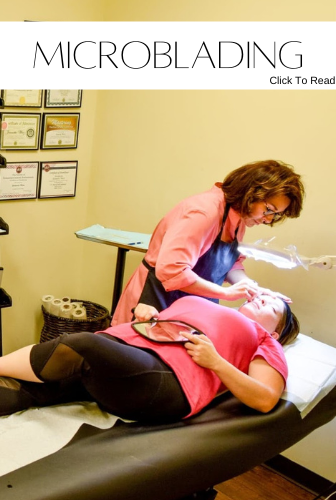
Your home is your safe place. At least it should be. But the truth is, more accidents happen in the house than anywhere else. Every year there are around 6,000 deaths as a result of home accidents. It doesn’t matter if you own Nashville real estate or rent a summer home in Maine. You are not without risks when you are in a home.
That doesn’t mean you have to pad the walls of your kids’ playroom or surround your steps with cushions, or that you shouldn't take a vacation in someone else’s home.
As a homeowner and a parent, you do have specific responsibilities. And keeping your home or the home you stay in safe is one of them.
If you are not the handy type, there’s no need to fret. There are things you can do around your home to keep it safe.
Smoke Detectors
Smoke detectors are often taken for granted. More often than not, they are installed. But a lot of people forget to change the batteries. They'd rather listen to that annoying beep than hop on a chair and pop in a few batteries.
One trick to avoid dead batteries in the smoke detectors is to change them every Memorial Day and Labor Day. They are days most people have off work, and it’s an easy way to remember to stop by the store and get some AA batteries to do the job.
Carbon Monoxide Detectors
Carbon monoxide is a deadly gas. And the scary part is that it’s odorless and colorless. So, if it’s leaking, it can kill you both you and your family while you are sleeping. Carbon monoxide detectors can prevent these untimely deaths.
If carbon monoxide builds up in your home, the alarms go off, and you can get your family to safety.
Don’t Overload Outlets
You don’t want to put a lot of plugs into one outlet. This is especially true in homes that do not have grounded electricity. Regardless of what types of outlets you have, use surge protectors and power strips.
Keep Fire Extinguishers
A lot of people keep fire extinguishers in the house, but they store them in the kitchen. But, 50% of home fires start in the kitchen. You don't want your fire extinguisher to be inaccessible. So, have more than one. And strategically place them around the house.
Escape Ladders
If your kids are on the second floor, get some escape ladders and store them in their rooms. Teach them how to use them as well. This way, if a fire or other emergency has them trapped upstairs, they have a means of escape.
List of Phone Numbers
Teach your kids to use 911. In this day and age of cell phones, the art of memorizing phone numbers is no longer necessary. Kids don't know how to dial a number; they know how to look up a contact. In an emergency, they may not have the necessary connection.
To sidestep this side effect of technology, keep a list of significant phone numbers on your refrigerator. Your kids may need to reach out to a neighbor or a grandparent in the event of an emergency. You want them to know who to dial.
Conclusion
There's always a chance that an accident will happen. That's why they are called accidents. When they do occur, it's helpful to know that you did everything in your power to prevent them. As a homeowner, that means taking steps to make sure that your home is a safe environment.
Taking the time to do some of the things mentioned above can not only give you peace of mind. It can also prevent a friend or loved one from getting hurt. Remember, your home should be a safe place. And you as the homeowner are charged with the job of making it that way. Don't take that job lightly. If you do, it could mean someone getting hurt.




Add your comment
Thanks for visiting! If you have any questions or concerns, please email me at bbrown@thesmallthings89.com! Comments have to be
approved on this blog due to spammers!
--Bre